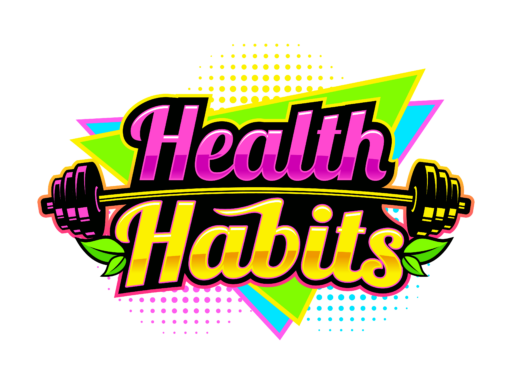A Look at the Science of Placebos and Habit Formation
From supplemental interventions like pre-workout supplements, to physical steps like how to prepare for training, there’s no limit to advice out there on what to do pre workout.
It’s not that there’s anything wrong with this. We’ve talked about pre-workout strategies ourselves in these articles on 3 ways to relieve pain pre-workout and 3 strategies to have your best workout of the month.
However, a more foundational question about pre-workout routines should involve how our routines support consistent habits.
Habits Are the Precursor to Consistency
When it comes to preparing for your training, the most important part is that your interventions get you to train, period.
As the old saying goes, “the best workout is the one that you do,” or “the best program is the one that you follow,” or any number of phrases along these lines. This message, in a word, is consistency.
Here’s the thing though: consistency is easy to talk about, but it’s not so easy to follow through on.
o tap into all the benefits of whatever type of training program you follow, whether you’re trying to build muscle, lose fat, or live to 100, you have to show up consistently. We’re using training as an example here, but this applies to everything.
You should design your pre-workout routine to make this as automatic as possible.
1) Pair Your Desired Habit With a Routine
Let’s take the question of pre-workout supplements for example.
Pre-workouts are an insanely popular product category. Consumers spend millions and millions on pre-workout supplements each year.
And most of them range from crap, to crap with a few helpful ingredients like caffeine and beta-alanine (the ingredient that makes you itchy).
The thing is, though, none of this really matters, as long as it’s not dangerous. If you take a “pre-workout” your chances of going to the gym increase drastically. If you thought it was a stimulating, muscle-pumping product, and it turned out to just be sugar water, it might still be a great investment for you, because by virtue of putting a scoop into a shaker bottle and drinking it, you may think, “damn, now I have to go to the gym because I drank this pre-workout.”
Over time, the pre-workout becomes part of a routine that your brain associates with training. Like Pavlov’s dogs, who drooled at the ring of a bell before their food was given (even if they weren’t given food), your body will prepare for training at the scent of your blue raspberry-flavored pre-workout.
The Benefits of an Actual Pre-Workout Routine
This even works regardless of the beverage. It could be a total placebo, and in groups that take the “pre-workout” before training will likely have better training outcomes.
That’s why, after all, double-blind placebo studies are the gold standard for scientific research. They have a group do exactly this, and compare their results to the group that actually got the product.
So it could be a pre-workout drink, or it could be a plethora of options, from certain songs you listen to before training, to a stretch you do as part of your routine.
After all, how many professional athletes have meticulous pre-game routines which border on insanity and irrational superstition? For them, whether they’re superstitious or not, one of the benefits of this is their brains know they’re about to play a game, and adjust their physiology accordingly.
You can use the power of Placebo, as Harvard Medical School has written about, to trick your brain and body into forming habits.
2) Do Your Target Habit in the Morning
As another example, the discussion over the best time to workout often involves shortsighted, unimportant advice about subtle differences in our physiology throughout the day. In general, yes, the evening is problematic for circadian rhythm purposes, but besides that the physiological differences of training between 7am and 4pm are miniscule.
What may be more important, is which time works best for forming habits. Research on habits and habit formation shows that we stick to habits best when we do them within eight hours of waking up. In other words, habit formation improves if you do it in the morning.
Physiologically, this makes perfect sense. The morning time is when we’re flooded with sympathetic hormones that keep us awake and alert, which help us power through otherwise undesirable activities. In short, most people have the most willpower in the morning.
That, then, could be a simple intervention for you to stick to your training program. All else being equal, go first thing in the morning, or at least before lunch.
Does this mean you can’t form a habit if you do it later in the day? No, of course not. However, if you’re struggling to add it to your routine, morning time produces the best outcomes for people trying to create new habits.
This Applies to Any Habit
While we’ve talked about this within the context of working out, this applies to any habit change.
Perhaps you’re trying to journal, meditate, or read more. There’s a never-ending list of positive habits we could come up with. If you pair it with a simple action, even a placebo, and aim to do it in the first third of the day, then you’re much more likely to stick with it.

5 Pingbacks